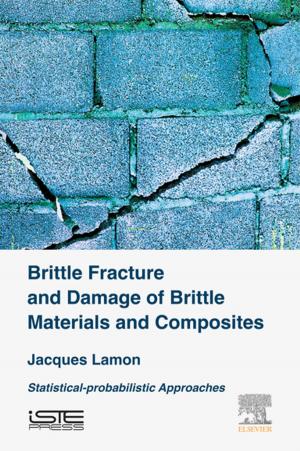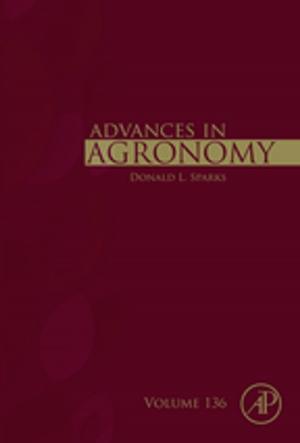Life-Cycle Assessment of Biorefineries
Nonfiction, Science & Nature, Science, Biological Sciences, Microbiology, Technology, Environmental| Author: | ISBN: | 9780444635860 | |
| Publisher: | Elsevier Science | Publication: | December 20, 2016 |
| Imprint: | Elsevier | Language: | English |
| Author: | |
| ISBN: | 9780444635860 |
| Publisher: | Elsevier Science |
| Publication: | December 20, 2016 |
| Imprint: | Elsevier |
| Language: | English |
Life-Cycle Assessment of Biorefineries, the sixth and last book in the series on biomass-biorefineries discusses the unprecedented growth and development in the emerging concept of a global bio-based economy in which biomass-based biorefineries have attained center stage for the production of fuels and chemicals.
It is envisaged that by 2020 a majority of chemicals currently being produced through a chemical route will be produced via a bio-based route. Agro-industrial residues, municipal solid wastes, and forestry wastes have been considered as the most significant feedstocks for such bio-refineries. However, for the techno-economic success of such biorefineries, it is of prime and utmost importance to understand their lifecycle assessment for various aspects.
- Provides state-of-art information on the basics and fundamental principles of LCA for biorefineries
- Contains key features for the education and understanding of integrated biorefineries
- Presents models that are used to cope with land-use changes and their effects on biorefineries
- Includes relevant case studies that illustrate main points
Life-Cycle Assessment of Biorefineries, the sixth and last book in the series on biomass-biorefineries discusses the unprecedented growth and development in the emerging concept of a global bio-based economy in which biomass-based biorefineries have attained center stage for the production of fuels and chemicals.
It is envisaged that by 2020 a majority of chemicals currently being produced through a chemical route will be produced via a bio-based route. Agro-industrial residues, municipal solid wastes, and forestry wastes have been considered as the most significant feedstocks for such bio-refineries. However, for the techno-economic success of such biorefineries, it is of prime and utmost importance to understand their lifecycle assessment for various aspects.
- Provides state-of-art information on the basics and fundamental principles of LCA for biorefineries
- Contains key features for the education and understanding of integrated biorefineries
- Presents models that are used to cope with land-use changes and their effects on biorefineries
- Includes relevant case studies that illustrate main points















